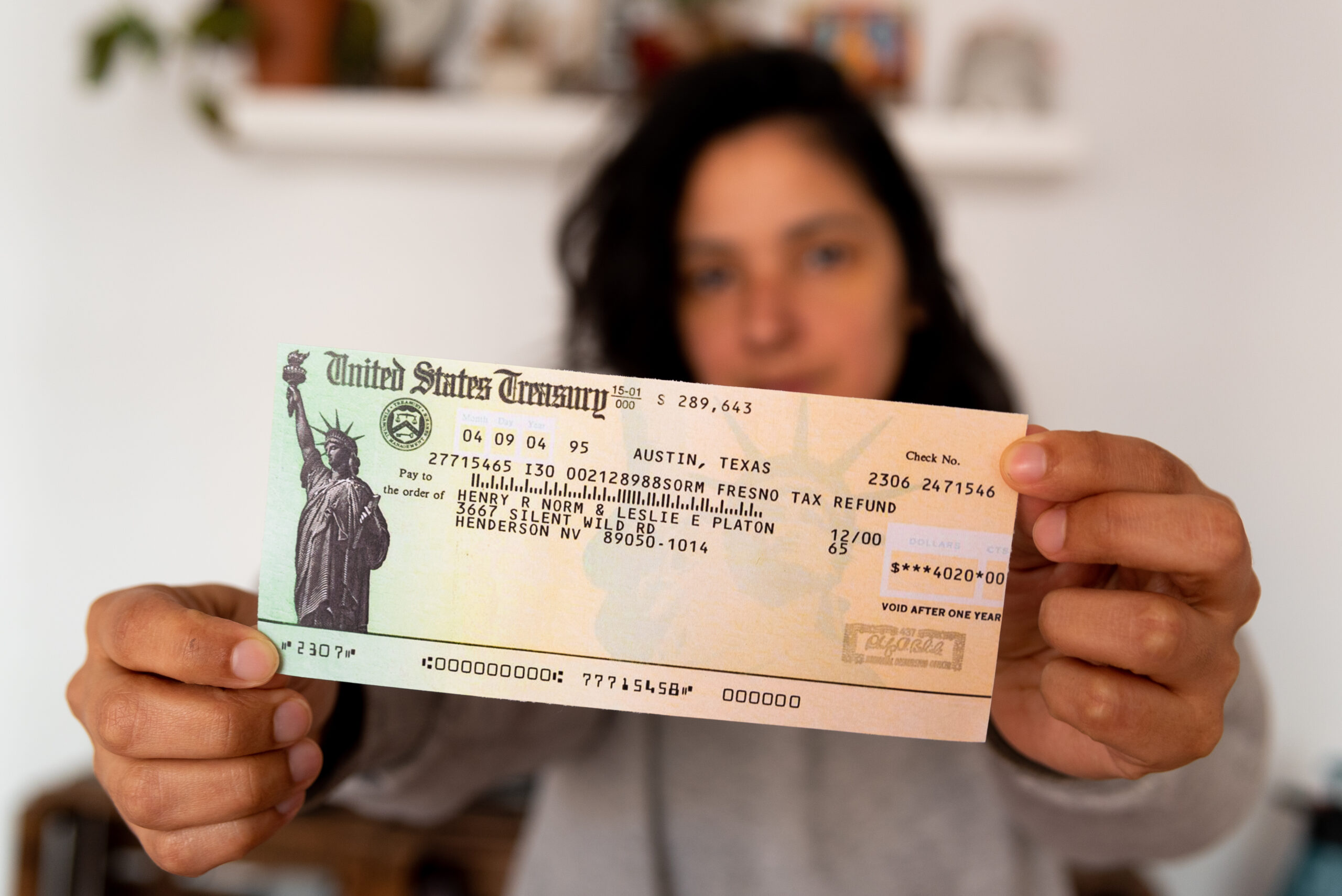Millions In IRS Refunds Stolen As Taxpayers Face Growing Check Fraud

A major fraud scandal involving IRS refund checks is affecting hundreds of taxpayers, with millions of dollars reportedly stolen. More than 200 taxpayers who chose to receive their IRS refunds by mail are claiming their checks never arrived, and officials believe a large-scale fraud scheme is responsible.
Rep. Nicole Malliotakis (R-NY), who represents Staten Island, has been inundated with complaints from constituents about missing refunds. Her office has received 218 complaints so far, representing a total of $3.8 million in stolen checks. One constituent had to submit their refund request to the IRS four times, only to have the reissued checks stolen each time.
“People are getting these checks reissued, and the reissued checks are stolen,” Malliotakis told reporters, underscoring the severity of the problem.
Among those affected is Atlanta-based spine surgeon Bennett Grimm, who was expecting a $96,000 refund after the sale of his medical practice. Grimm has yet to receive his refund after multiple attempts, with one of the reissued checks being fraudulently deposited. Grimm hopes that the third time will be a “charm” as he waits for yet another reissued check from the IRS.
While over 90% of taxpayers opt for direct deposit, avoiding these issues, approximately 10 million filers still choose to receive their refunds as paper checks, which are more vulnerable to theft. IRS Commissioner Danny Werfel has urged taxpayers to use direct deposit, calling it the “fastest and safest” way to receive refunds.
Taxpayers who lose or have their checks stolen must file a statement with the IRS, requesting a new check. While the process can take less than 30 days, it often drags on for up to four months, leaving affected individuals in limbo.
The Treasury Department’s Bureau of Fiscal Service issues fresh checks once claims are validated, but the ongoing reports of fraud have raised concerns about the safety of mailed refunds.
Check fraud is on the rise nationwide, with high-profile cases emerging in recent months. Two New Yorkers were sentenced to federal prison in February after stealing a $2.9 million IRS refund check intended for a Texas couple. In another case, a Los Angeles resident was sentenced to seven years in prison for orchestrating a scheme involving stolen checks totaling $2.7 million, using Instagram to recruit bank account holders to deposit the fraudulent checks.
As these incidents continue to mount, many are calling for stronger measures to prevent check fraud and protect taxpayer funds from falling into the wrong hands.
























